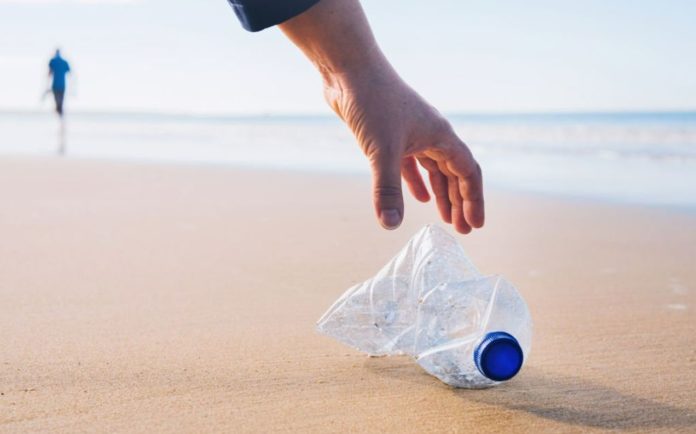If you didn’t already know, we have good news for you.
A new study led by students and done in partnership with the Scripps Institution of Oceanography suggests that plastic pollution in the ocean could be a source for new antibiotics.
Plastic waste, ranging from massive floating trash to microplastics on which bacteria can create entire ecosystems, enters the oceans at a rate of 5 to 13 million metric tons annually, according to scientists. Plastic waste is high in biomass, making it a suitable candidate for antibiotic synthesis, which occurs naturally in highly competitive ecosystems.
To find out if the plastisphere could be a source of new antibiotics, researchers adapted Dr. Jo Handelsman’s Tiny Earth citizen science method for use in marine environments.
For 90 days, the researchers incubated high and low-density polyethylene plastic (often used in supermarket bags) in the water near Scripps Pier in La Jolla, Calif.
Five antibiotic-producing bacteria, including Bacillus, Phaeobacter, and Vibrio species, were recovered from ocean plastic by the researchers. They examined the bacterial isolates against a number of Gram-positive and negative targets and discovered that they were efficient against both common bacteria and two antibiotic-resistant species.
According to study lead author Andrea Price of National University, “considering the current antibiotic crisis and the rise of superbugs, it is essential to look for alternative sources of novel antibiotics.” “We hope to expand this project and further characterize the microbes and the antibiotics they produce.”
The report will be presented at the American Society for Microbiology’s conference.
Image Credit: Getty
You were reading: Plastic Could Be A Good Candidate For New Antibiotics – Scientists
